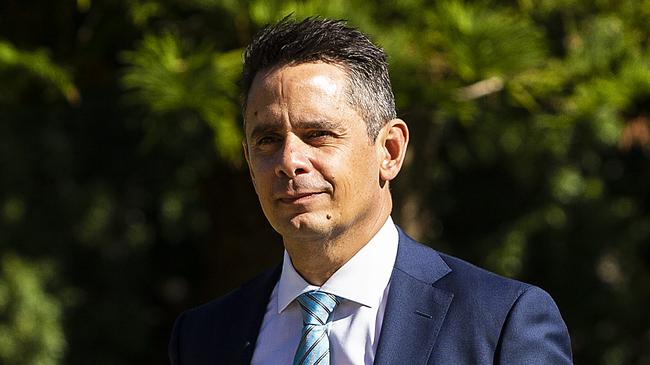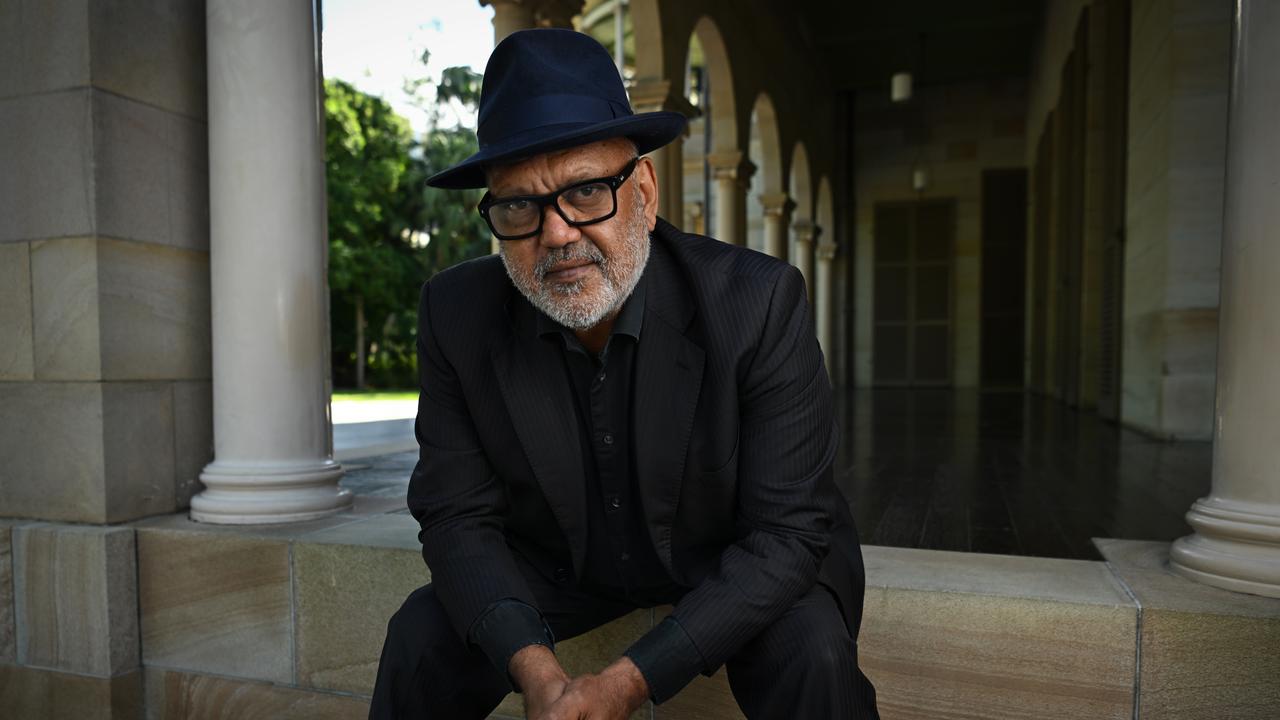Heritage reform ‘won’t fix 30-year injustice’
A Pilbara native title group has said WA’s proposed new heritage laws may not rectify an injustice created nearly 30 years ago.

A Pilbara native title group has said Western Australia’s proposed new heritage laws may not rectify an injustice created nearly 30 years ago when Rio Tinto’s Marandoo mine was exempted by parliament from heeding heritage laws over their Pilbara mine site.
Aboriginal Affairs Minister Ben Wyatt has flagged that he will repeal the 1992 Marandoo Act that excised the land around Marandoo from the operation of the Aboriginal Heritage Act 1972.
The Lawrence Labor government was heavily criticised at the time for rushing through legislation in two days that cleared the way for the lucrative ore body to be mined. It removed legal protection of Aboriginal sites in the area, which contained cave networks dating back 18,000 years. Traditional owners strongly opposed the move.
The Marandoo Act was intended to break an impasse between Hamersley Iron (now Rio Tinto) and indigenous groups in the early 1990s before they had native title rights, over the company’s plan to build a mine at Marandoo, near Karijini National Park. Mr Wyatt said abolishing the Marandoo Act would be “a historic and monumental act that acknowledges a strong partnership between Eastern Guruma people, government and Rio”.
He has invited the Wintawari Guruma Aboriginal Corporation to take part in a transition process “that will ensure continued operation of Marandoo mine activities and management of impacts to Aboriginal cultural heritage.”
Wintawari Guruma’s heritage adviser Aaron Rayner said the native title group had been given one week to come up with a transition arrangement that could be incorporated into the new Aboriginal Heritage Act.
Wintawari Guruma has asked Rio Tinto if it would be prepared to forgo destroying sites on Marandoo mine site land that had not been used. Mr Rayner said the company had advised it would respond to the request in writing.
“It was our firm expectation that the new Aboriginal Cultural Heritage Bill 2020 would apply to those parts of the Marandoo area outside of Rio’s existing operations,” he said. “If the transitional provisions of the new act are not applied to the Marandoo area, then the repeal of the Marandoo Act is rendered a meaningless and empty gesture.”
He said three decades after the Marandoo Act was rushed in, traditional owners remained upset that significant sites had never been properly documented, including one of the most significant sites in Eastern Guruma tradition at Mount Bruce.
“If Rio Tinto is keen to remove the stain on its corporate history, they should relinquish their rights to destroy heritage,” he said.
A Rio Tinto spokesman said it supports repeal of the Marandoo Act and the company has commenced discussions with the traditional owner group. “(Rio) will further consider the implications of the new legislation once a draft has been released.”



To join the conversation, please log in. Don't have an account? Register
Join the conversation, you are commenting as Logout